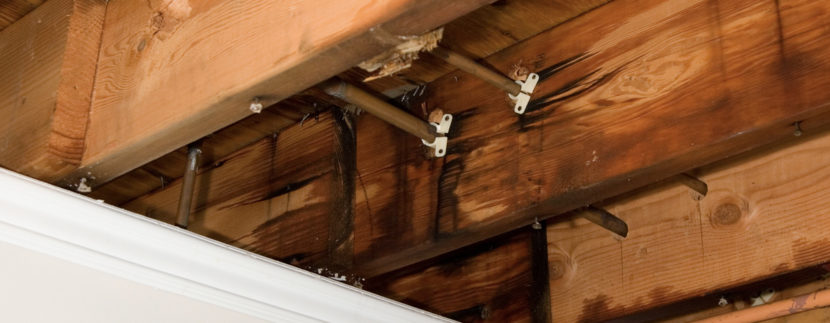When It Comes to VA Loans, Condition Matters

Across the United States and in Hawaii, VA loans are meant for the purchase of a primary residence. You and your family should feel both safe and comfortable living in your new home, which is why the condition of the property is so important. Homes in poor condition are not eligible for a VA loan. Be sure your investment in Hawaii is one you can feel good about, by avoiding properties that won’t pass inspection.
Property Condition Requirements
The property must undergo a thorough evaluation by a VA-certified appraiser in order to qualify for a Hawaii VA loan. In addition to assessing the property’s fair market value, to make sure your loan amount is appropriate, the appraiser must also determine whether or not the home meets the minimum property requirements (MPRs) necessary for a VA loan.
The Department of Veterans Affairs’ Compliance Inspector Guide is fairly extensive. The appraiser will focus on three separate but related aspects, commonly referred to as “the three S’s” – safe, (structurally) sound, and sanitary. These requirements are in place to ensure the health and safety of your family.
Safe
To determine the safety of the property, the appraiser will check for things such as:
- If the home was built before 1979, does it have lead-based paint?
- Is the electrical wiring up to current code?
- Do mechanical systems meet all regulations?
- Are there handrails along all stairways?
- Does the fireplace have proper ventilation?
- Is the porch stable and in good repair?
- Does the deck have guardrails?
Structurally Sound
When it comes to the structural integrity of the home, the appraiser will check for any issues that may indicate problems with the home’s sturdiness. These include:
- Insufficient lot drainage
- Damaged or leaking roof
- Water in the basement
- Damaged or crumbling foundation
- Faulty downspouts or gutters
- Holes in walls, floors, or ceilings
- Inadequate ventilation
- Dry rot
Sanitary
To ensure the property meets basic sanitation requirements, the appraiser will check for:
- Pest infestation
- Mold or fungus
- Unsafe water supply
- Inadequate sewage disposal method
- Any other issues that could lead to adverse health effects
What if Only Minor Problems Are Found?
Only in rare cases does an appraiser find absolutely nothing wrong with a property. If you were fairly confident that the property would pass the inspection but were then disappointed to be handed an assessment of “repairs ordered,” it doesn’t necessarily mean you should give up hope. If the problems are minor, it’s worth asking the seller to complete the repairs, to allow the transaction to move forward.
However, if major work is required and will likely be costly or time-consuming, it may be time to ask yourself if you really want to go down that road. It may be best to move on and focus your house hunt on higher-quality properties that are closer to “move-in ready” status. Your home is typically your largest investment, and you’ll want the process to be as painless as possible.
We specialize in helping active duty military service members find the right Hawaii investment for themselves and their families. Why not give us a call to see what’s out there? Make the most of your Hawaii VA loan.
NOTE:
The source used regarding “The Department of Veterans Affairs’ Compliance Inspector Guide” is from the U.S. Government. It was the only source found in the writer’s research with this information, but it is from 2005.
Here is a non-government source with the same information if you would prefer an alternate, updated source: https://www.veteransunited.com/education/processing/

